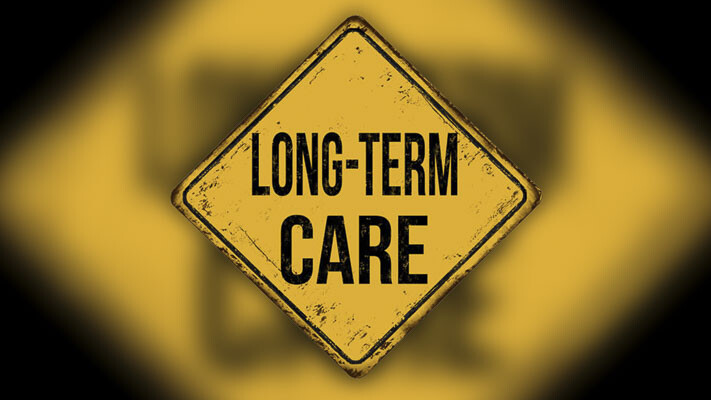
Elizabeth Hovde says from the start, lawmakers should have strengthened our taxpayer safety net for people in need, instead of creating a new safety net for people not in need
Elizabeth Hovde
Washington Policy Center
A WA Cares’ webinar Friday offered an excellent chance for employers and workers to learn where to go with specific questions about another Washington state payroll tax starting in July. A phone number is also available, along with most program information, on the WA Cares Fund website.

State agency presenters explained who will pay the tax, who can become exempt still, what long-term care is and what the state sees as qualifying care expenses. One representative explained that long-term care can even mean bringing food to your mom or helping your dad take his meds on time. With state-required caregiver training, you could be paid by other taxpayers for these gifts of service. Find today’s webinar and past webinars here: wacaresfund.wa.gov/webinars.
But the webinar also hosted contradictory messages and ignored that this program will financially hurt some people who will never see a program benefit.
Do we have a graying population? Yes. Will many people need long-term-care services? Yes. Will many people want those services in their home, delivered by a spouse or child, rather than using assisted living or a nursing home? Yes. But do all Washingtonians need help to pay for long-term care? No. Even some gathering Medicaid dollars don’t.
Further, should people who are not in financial need for long-term-care services be receiving money from people with low incomes? Absolutely not. And if you are one of the lucky ones who doesn’t ever need long-term care, should you be paying for someone else’s life need instead of saving for a different life need of your own? No. Finally, creating a state program with a heavy administrative burden is not the best way to combat long-term-care costs impacting the state’s pocketbook. An estimated $52 million has already been spent on WA Cares before the program begins.
Instead of shifting costs for long-term care onto the backs of workers and adding new ones, lawmakers should be encouraging and helping people provide for themselves. They definitely shouldn’t be encouraging reliance on other taxpayers who have their own life needs.
With WA Cares, the state continues to send a message that self-reliance isn’t needed. Today, the director of the WA Cares Fund, Ben Veghte, told viewers that it wouldn’t be efficient for us all to save for long-term care, as we need differing amounts for it and some don’t need it all. What? It’d be horribly efficient and good for everyone who could to save for possible long-term care and to prioritize other life needs. We need more individuals — and governments — with priority-based budgeting practices.
Veghte also said that over time, most people will qualify for a WA Cares’ lifetime benefit. That might end up being true — over time, despite the fact that the benefit is not portable and will not go to people who haven’t paid the tax for 10 or more years without a break of five or more years. If it’s true that most people will qualify for the $36,500 lifetime benefit over time, how will the money not run out, a webinar attendee asked. Veghte answered that only seven of 10 of us should need long-term care.
Right. Some people — including some low-income workers — will get zero return on their investment with WA Cares. The state should stop marketing the program otherwise.
From the start, lawmakers should have strengthened our taxpayer safety net for people in need, instead of creating a new safety net for people not in need.
This lawmaker-imposed pay decrease of 58 cents for every $100 earned starts in 14 days. Be ready.
Elizabeth Hovde is a policy analyst and the director of the Centers for Health Care and Worker Rights at the Washington Policy Center. She is a Clark County resident.
Also read:
- Letter: ‘There will be consequences’Hazel Dell resident Bob Zak criticizes Democratic lawmakers for advancing ESSB 5181, arguing it undermines parental rights and defies biblical principles.
- Op-Ed: La Center Schools — Committed to families and their childrenIn a public letter, the La Center School Board and Superintendent Peter Rosenkranz affirm their commitment to supporting families and honoring both state law and community values amid state-level scrutiny.
- Letter: Mayor blames others on homelessness problem in Vancouver while she has enabled a lawless encampment zoneVancouver resident Peter Bracchi urges city leaders to enforce laws and end permissive policies that have allowed unsafe encampments to overrun public spaces near the Share House.
- Letter: ‘Look it up for yourself’Camas resident Anna Miller encourages skeptics of Elon Musk’s claims about government waste to do their own research using official resources.
- Opinion: Defending the indefensibleNancy Churchill argues that Washington’s lawsuit against a sheriff cooperating with ICE reveals a deeper political agenda that puts public safety at risk.










